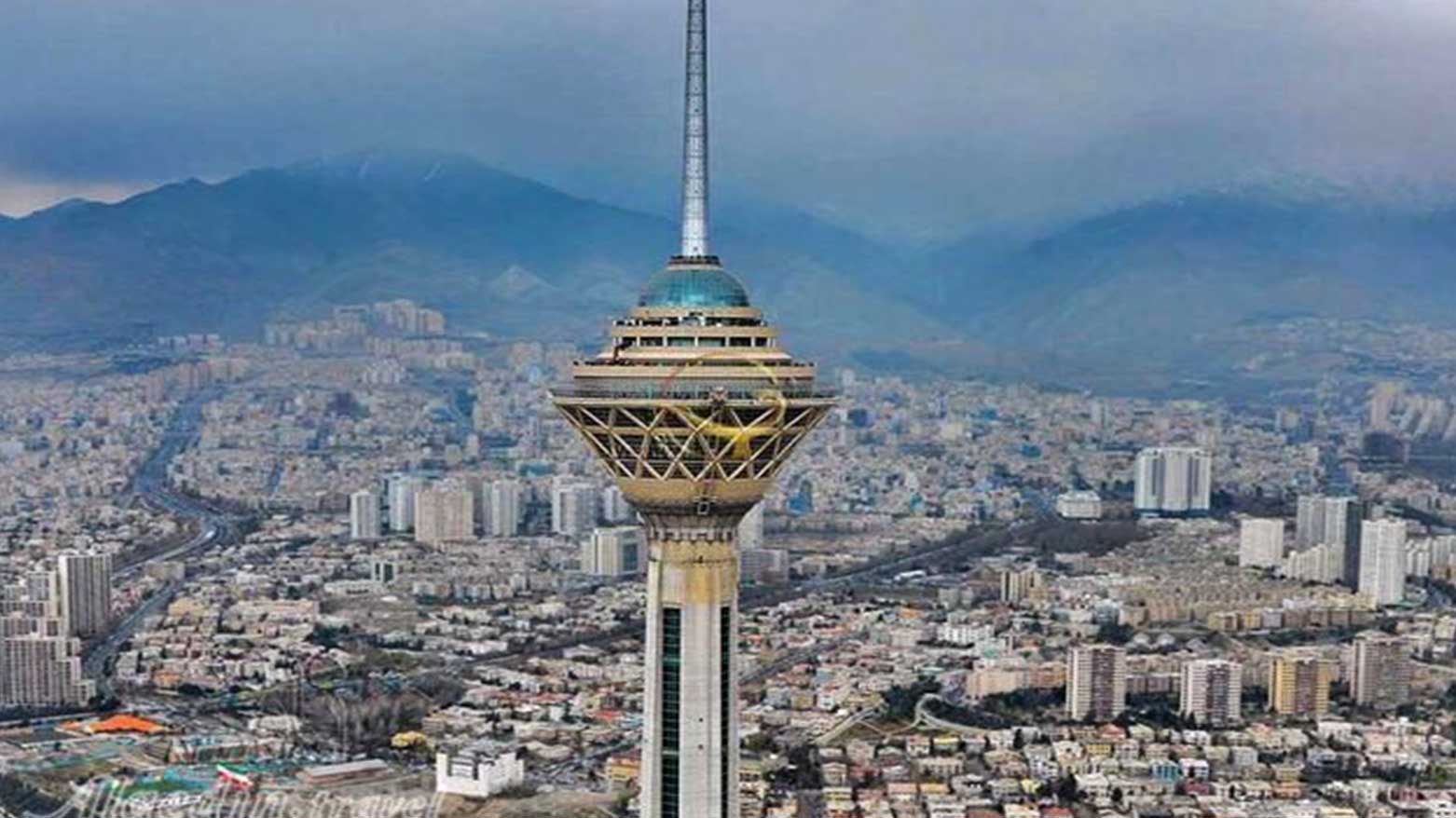CNN: Israel Preparing for Possible Strike on Iranian Nuclear Sites
This potential shift in Israeli posture is reportedly driven by skepticism over the success or stringency of ongoing US-Iran negotiations, and whether Washington will agree to a deal that effectively prevents Iran from developing nuclear weapons.

ERBIL (Kurdistan24) — Israel is reportedly preparing for a potential military strike on Iranian nuclear facilities, according to new US intelligence obtained by Washington, CNN reported this week, citing multiple American officials familiar with the matter.
While the Trump administration continues to pursue a diplomatic resolution with Tehran over its nuclear program, intercepted Israeli communications and observed military movements suggest that Tel Aviv is also weighing military options. CNN reports that US officials have noted the movement of Israeli air munitions and the completion of air force drills as signs of potential readiness.
Although Israeli leadership has not made a final decision, the probability of a strike “has gone up significantly in recent months,” one source told CNN. This potential shift in Israeli posture is reportedly driven by skepticism over the success or stringency of ongoing US-Iran negotiations, and whether Washington will agree to a deal that effectively prevents Iran from developing nuclear weapons.
The rising tension comes as US President Donald Trump enforces a 60-day timeline, communicated in March to Iran’s Supreme Leader Ayatollah Ali Khamenei, for nuclear talks to yield results. That deadline has since passed without resolution, leaving regional stakeholders increasingly uncertain. According to CNN, Trump has signaled he would consider military action if diplomacy fails — though his administration’s current stance remains committed to negotiation.
Despite the intelligence suggesting possible military activity, sources warn that Israel’s preparations might also be aimed at pressuring Iran through psychological and diplomatic means. Israel could be signaling its willingness to strike in hopes of influencing the trajectory of talks between Tehran and Washington.
The Israeli government has long viewed Iran’s nuclear ambitions as an existential threat. Prime Minister Benjamin Netanyahu, facing political pressure at home and from hardline factions, remains deeply concerned about what his government perceives as a potentially inadequate nuclear deal. A senior Israeli source told CNN that Israel would be prepared to act unilaterally should a deal fail to meet its security requirements.
The prospect of a strike presents a complex dilemma for Netanyahu, who must balance domestic security imperatives against the risk of alienating Washington, especially with President Trump’s unpredictable approach to foreign policy. “It’s a real challenge for Netanyahu,” Jonathan Panikoff, a former senior US intelligence official, told CNN, noting that any Israeli military action would likely require at least tacit US approval due to logistical constraints — including midair refueling and bunker-busting munitions needed to destroy fortified Iranian facilities.
US intelligence analysts in February warned that a strike by Israel could occur this year, leveraging Iran’s currently weakened military posture. Iran’s defense capabilities were severely damaged during Israeli attacks in October, and its economy continues to suffer from US sanctions and reduced influence of key regional proxy groups.
Still, intelligence officials caution that any Israeli action would only temporarily set back Iran’s nuclear program. “It wouldn’t be a cure-all,” CNN cited a US assessment as saying.
In the meantime, diplomatic efforts continue. US special envoy Steve Witkoff told ABC News over the weekend that the United States cannot allow even “1% of an enrichment capability” under a prospective deal. He confirmed that a proposal has been submitted to Tehran, which Washington believes is both firm and respectful.
However, Supreme Leader Khamenei publicly dismissed the negotiations, stating on Tuesday that he does not expect talks to “reach a conclusion.” He labeled US demands regarding enrichment a “big mistake” and reaffirmed Iran’s right to enrich uranium under the UN Treaty on the Non-Proliferation of Nuclear Weapons.
Despite the stalled talks, another round of negotiations may take place in Europe this week, mediated by Oman. According to CNN, both sides have put forward proposals, but none with formal endorsement from President Trump yet.
